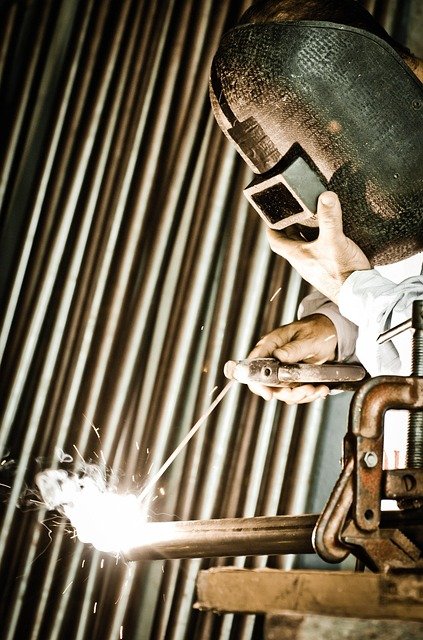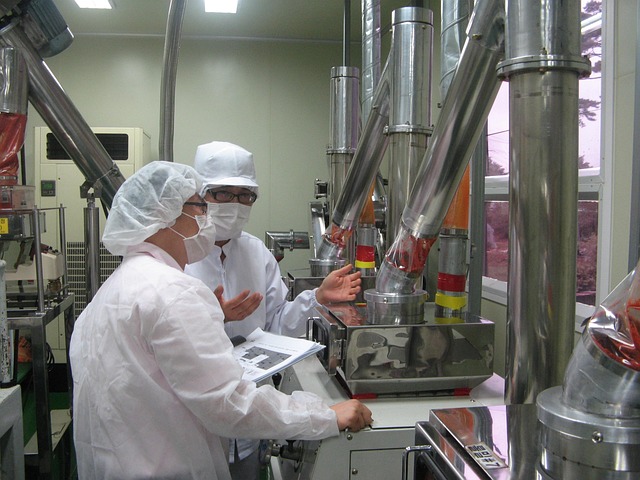Welding Jobs – Tasks and Career Prospects in a Stable Industry
Welding jobs often involve assembling and repairing metal structures, working with tools to ensure durability and precision. These positions may be available in construction, manufacturing, or industrial maintenance. With opportunities for various experience levels, welding offers structured tasks and reliable working conditions. Discover more inside.

Essential Tasks and Responsibilities in Welding
Welders primarily focus on assembling and repairing metal structures using specialized equipment and techniques. Daily tasks include reading and interpreting technical drawings, preparing metal surfaces, operating welding equipment, and performing quality inspections. Advanced welders may also coordinate with engineers, supervise projects, and ensure compliance with safety standards while maintaining detailed documentation of their work.
Career Entry Points and Experience Levels
The welding profession is suitable for different experience levels, offering multiple entry paths. Beginners typically start with apprenticeships or vocational training programs, learning fundamental techniques and safety procedures. Mid-level welders often specialize in specific methods like TIG, MIG, or stick welding, while experienced professionals may advance to supervisory roles or specialized positions in underwater or aerospace welding.
Industries and Work Environments
Industrial and construction opportunities abound for qualified welders. Major employment sectors include:
-
Manufacturing facilities
-
Construction sites
-
Shipyards
-
Pipeline installations
-
Automotive plants
-
Aerospace facilities
Each environment presents unique challenges and requires specific certifications or specializations, creating diverse career paths within the field.
Workplace Structure and Stability
Welding offers stable and structured work environments with clear advancement paths. Most positions provide regular schedules, though some projects may require overtime or shift work. The stability extends to employment outlook, as infrastructural development and manufacturing consistently demand skilled welders. Many employers offer comprehensive benefits packages, including health insurance and retirement plans.
Salary Ranges and Career Growth
Entry-level welders typically earn between $30,000 and $45,000 annually, while experienced professionals can command $60,000 to $100,000 or more, especially in specialized fields. Factors affecting compensation include:
| Experience Level | Average Annual Salary | Specialized Skills Premium |
|---|---|---|
| Entry-Level | $30,000 - $45,000 | +$5,000 - $10,000 |
| Mid-Level | $45,000 - $60,000 | +$10,000 - $15,000 |
| Expert/Specialized | $60,000 - $100,000+ | +$15,000 - $30,000 |
Prices, rates, or cost estimates mentioned in this article are based on the latest available information but may change over time. Independent research is advised before making financial decisions.
Requirements for Success
Success in welding careers requires a combination of technical skills, physical stamina, and attention to detail. Essential qualifications include certification from recognized institutions, knowledge of safety protocols, and the ability to work in various environmental conditions. Continuing education and additional certifications can significantly enhance career prospects and earning potential in this dynamic field.
The welding industry continues to evolve with technological advancements, offering stable employment opportunities while demanding ongoing skill development. From entry-level positions to specialized roles, the field provides structured career paths and reliable income potential for those willing to develop their expertise and maintain high-quality standards.




